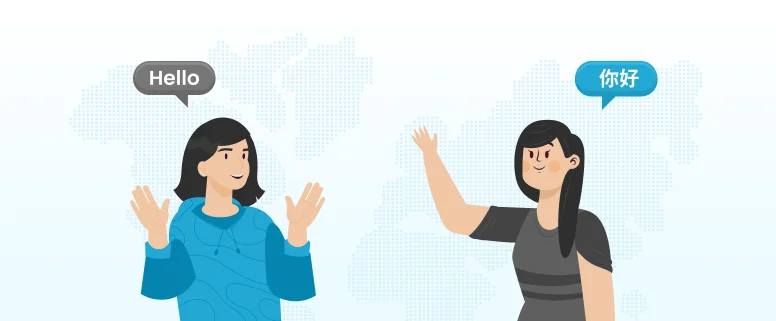International Mother Language Day encourages the promotion of linguistic and cultural diversity around the globe. The day is observed on February 21st every year, worldwide. The objective is to encourage multilingualism, and linguistic and cultural diversity, promote and preserve indigenous languages, and raise awareness of inclusive education.
Through the Sands of Time: History of International Mother Language Day
The date February 21 commemorates the 1952 Bengali Language Movement in Bangladesh. The movement took place at the time when Bangladesh was a province of Pakistan. Its people decided to fight for the recognition of their Bengali language. Some students and activists in Dhaka (the present capital of Bangladesh) organized a protest against the imposition of Urdu as the sole official language of Bangladesh.
The peaceful protest turned into a tragedy when the police opened fire on the protesters. It resulted in several deaths. The sacrifice thereby became a symbol for the struggle of cultural and linguistic rights. Later on, International Mother Language Day was proclaimed in November 1999 by UNESCO (United Nations Educational, Scientific, and Cultural Organization).
Unveiling the Significance of International Mother Language Day
The idea behind the celebration of International Mother Language Day is greatly diverse. Firstly, it promotes the protection and celebration of the world’s linguistic heritage. Secondly, it promotes linguistic and cultural diversity, and thirdly, it creates awareness about preserving translational languages and cultures.
According to the United Nations (UN), 40% of the world’s population lacks access to education in their native language. The charts are as high as 90% in certain regions. International Mother Language Day promotes cultural preservation and intergenerational learning. Multilingual education has shown positive outcomes, including better learning, critical thinking skills, and self-esteem. Moreover, it also encourages speakers of a language to take pride in their mother tongue and use it primarily in all aspects of life.
Illuminating the Theme of International Mother Language Day 2024
Underscoring the role of languages in achieving sustainable development goals and promoting inclusion, the multilingual education policies highlighted the International Mother Language Day 2024 theme as “Multilingual education – a pillar of learning and intergenerational learning.”
The motive is crucial for the preservation of indigenous languages and inclusive education. Promoting learning in the mother tongue and then gradually introducing other languages to learners breaks language barriers and facilitates effective learning.
“Multilingual education” not only promotes inclusive societies. It also considers the preservation of minor and non-dominant languages. Moreover, it is a cornerstone for achieving lifelong learning opportunities and equitable access to education.



